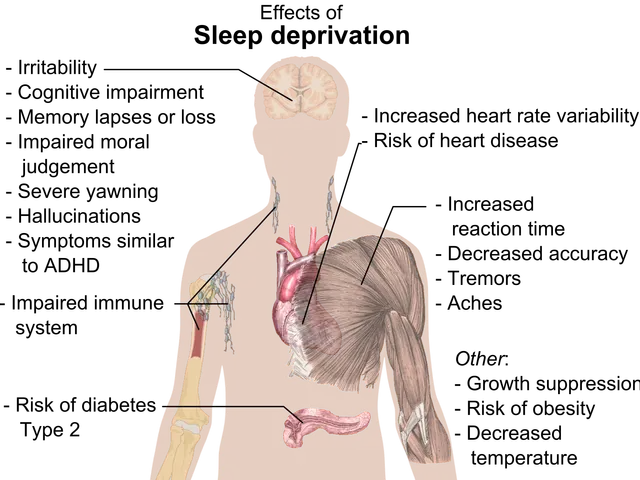Smoking marijuana and the potential risks for lung cancer explored
In recent times, the Food and Drug Administration (FDA) has reported hundreds of cases of serious illness and several deaths linked with vaping, but the specific compound causing these illnesses remains unclear. This article aims to shed light on the risks and uncertainties associated with various methods of cannabis consumption.
Firstly, it's crucial to understand that high doses of cannabis use can lead to a host of side effects, including confusion, anxiety, panic attacks, hallucinations, paranoia, nausea, vomiting, high blood pressure, and respiratory problems.
Smoking cannabis, a common method of consumption, involves inhaling smoke, which contains many of the same carcinogens as tobacco smoke. However, current research does not definitively establish a direct link between smoking cannabis and the development of lung cancer. While some studies have found precancerous lesions in biopsies from cannabis smokers, these findings have not been strongly connected to lung cancer itself.
Vaping cannabis, on the other hand, involves using a device to heat and vaporize oils contained in cannabis, eliminating the need for smoke. However, the risks of vaping cannabis oils include exposure to potentially harmful chemicals such as formaldehyde and vitamin E acetate, which have been linked to lung damage, though their direct role in cancer is unclear.
Edibles, such as candies, gummies, and beverages, eliminate the need to inhale smoke or other substances, making them potentially safer for the lungs than smoking or vaping. However, compared to smoking, edibles take longer to work, can be difficult to control in terms of potency, and last longer in the body.
Dabbing, a method that involves inhaling a concentrated dose of THC through a dab rig, may also lead to respiratory problems, according to the American Lung Association.
It's important to note that in cases where there is a medical benefit to using cannabis, people can work with a doctor to weigh the risks against the potential benefits.
Moreover, exposure to THC from secondhand cannabis smoke may impact brain development in young individuals, causing problems with attention and memory.
In conclusion, while cannabis smoke contains carcinogens and may cause lung irritation and other health problems, the scientific community has not established a clear cause-effect relationship between cannabis smoking and lung cancer development. More long-term, large-scale studies are needed to clarify this possible link.
References:
- National Cancer Institute. (2020). Marijuana and Cancer. Retrieved from https://www.cancer.gov/about-cancer/causes-prevention/risk/other/cannabis/marijuana-and-cancer
- American Lung Association. (2020). Marijuana Smoke and Lung Health. Retrieved from https://www.lung.org/our-initiatives/healthy-air/indoor-air-quality/indoor-air-threats/marijuana-smoke-and-lung-health.html
- Hall, W. D., & Morgenstern, H. (2012). Marijuana and lung cancer: a review. Respiratory Medicine, 106(9), 1387-1394. doi: 10.1016/j.rmed.2012.05.004
- Although the FDA is investigating cases of illness and death linked to vaping, the specific compound causing these issues remains unknown.
- High doses of cannabis use can lead to a range of side effects, such as confusion, anxiety, and respiratory problems.
- While smoking cannabis may lead to lung irritation and other health issues due to carcinogens, a direct link to lung cancer development is not yet definitive.
- Vaping cannabis oils may expose users to harmful chemicals like formaldehyde and vitamin E acetate, but the direct role in cancer is unclear.
- Edibles, by eliminating the need for inhalation, may be safer for the lungs than smoking or vaping, but they can be difficult to control in potency.
- Dabbing, a method of consuming concentrated THC, may lead to respiratory problems, according to the American Lung Association.
- For those who find medical benefits in cannabis use, it's essential to work with a doctor to weigh the risks against potential benefits, and consider mental health, nutrition, fitness, and overall health-and-wellness factors alongside cannabis use.





